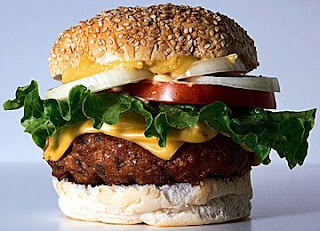| A gaggle of medical students representing all major demographics. Long hair, short hair. Tall and small. Thin and... ah wait, we're missing one... |
Well, Dr Jr has had a few things keeping him busy in his personal life. Nothing to worry about, but it had stolen what little time I had post work. Hopefully now I'll have a bit of time to get back to the way of the online words.
Anyway, the biggest development in Dr Jr's professional life in the last month is the sudden and rather dramatic appearance of medical students almost bursting onto the wards, eager to learn, eager to practice, eager to do!!!11! It made me think somewhat of how I was this time last year. Alas, Dr Jr was not the most eager of students, but I always made sure I arrived on time, did lots on the wards, then buggered off home to do diddly squat (I was and still am very much a "home time is home time" kinda guy).
However, what was most surprising is that these medical students were asking Dr Jr to help them out and teach them. What most medical students don't seem to realise is that FY1s know less than you do. OK, we can probably cannulate better than you and might have less bother putting a catheter in (I say probably and might because some FY1s can't even do those things), but when it comes to actual knowledge about rare conditions or the pharmacokinetics of amlodipine, you are much more likely to know than us.
Some might ask why? The answer is simple. As an F1, you don't actually need to know any of that stuff. Picture a bath full of water. That's the knowledge you have for finals. Now pull the plug. Picture the watery residue with what suds are left from the bubble bath, clinging to the bath through surface tension. That's how much knowledge you have as a F1. It's that bad. It's only a few years down the line when you're applying for your specialist training posts do you realise that you've forgotten everything you ever needed to know about your speciality.
So to all medical students out there, do us F1s a big favour. Could you come in and teach us about Wilson's disease and exactly how SSRIs affect uptake in the synaptic cleft , as I think we've all forgotten...

